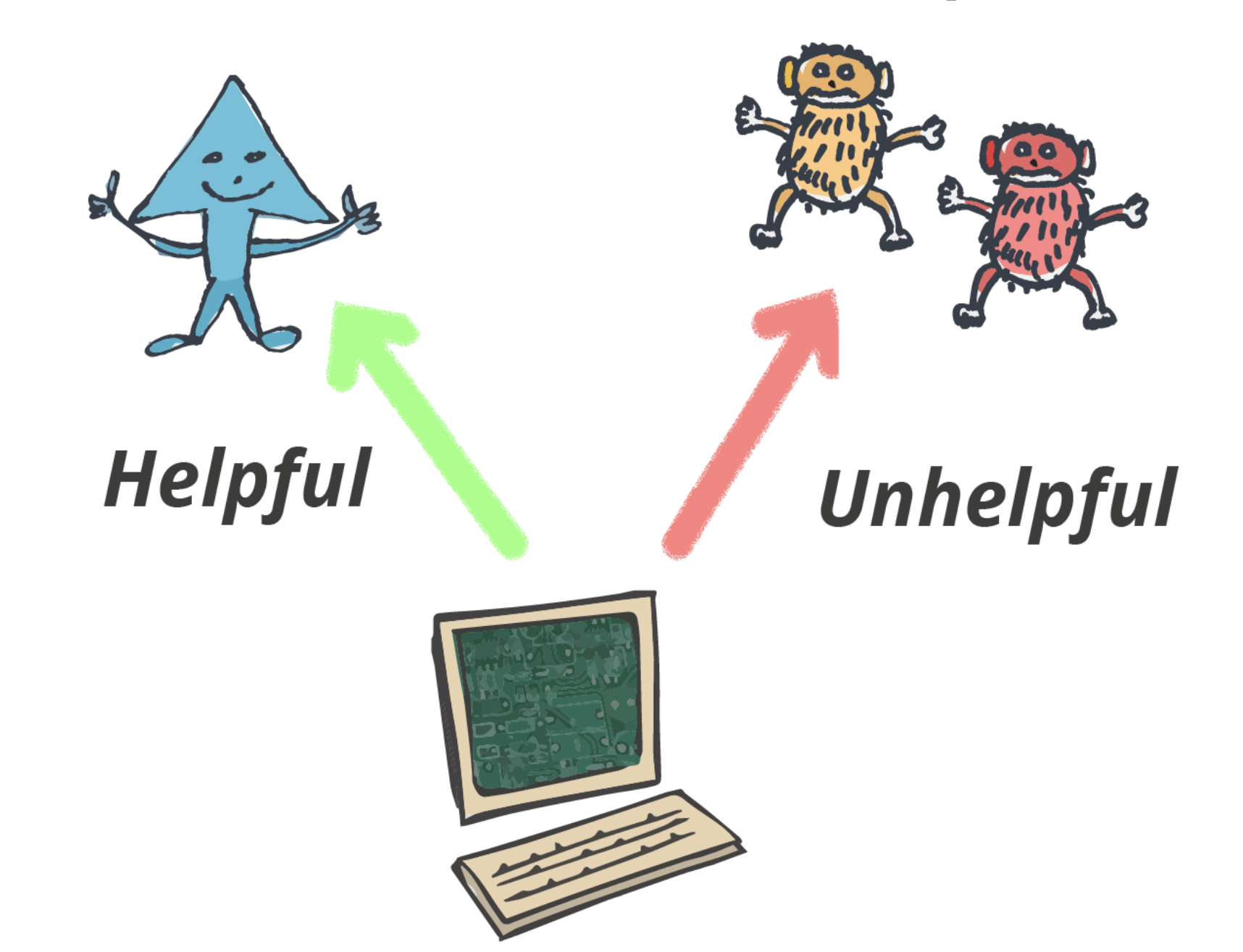Source: Freestocks, Unsplash
Are you one of those people who no longer remember everything you wrote on the long to-do lists? Do you constantly feel unproductive because you are falling short of your own daily goals of progress? If you are saying yes to both questions, believe me, you are not alone. For the record, it happens to me too.
We live in a culture where we are so obsessed with personal productivity that we devour books on how to get things done in a specific amount of time, or what is often called time management. Simply put, if we can plan our schedule better, we could reach the desired productivity. And for the past few years, I would also say myself as an obedient disciple who “worships” the importance of time management in my daily life.
However, after several times of practicing the “so-called key to getting things done,” I’ve come to realize that time management, most of the time, is not a solution - it’s sometimes part of the problem. Time management works best when we know exactly what to do and how much time it should take. But it isn’t always the case. Here are my opinions on why time management doesn’t always solve the problem as someone said no amount of calendar Tetris can alter the way our brain functions.
-
Active time management usually makes us less productive
According to a conventional opinion about time management, we’re supposed to set time for when and how quickly we want to finish a task. But so often, our brain deceives ourselves and lets us fall into the planning fallacy trap where we overestimate or underestimate the needed time.
For example, if I were planning to write this article with more or less 500 words in exactly two hours, I would have a pace of four words per minute. However, I spent the first 20 minutes writing a grand total of zero words because the only task I completed was web surfing to search for data. Then, I wondered how many words I actually wrote per minute and began to calculate it. The score turned out to be not as good as I expected, so I set another plan, another plan… and then another. Eventually I spent half of my day planning out and never actually got things done. A whole day passed by, and I was pretty much stuck at the same place where I first started my day. Sounds familiar?
Yeah, that traditional time management is the mastermind behind the reroute of our subconscious energy to making sure we follow the system’s guidelines. Thus, instead of focusing on how quickly we wanted to finish a task, we should ask ourselves why we do what we do. Is it to learn something new? Or is it something to do with skills improvement? Oftentimes, our productivity struggles are caused not by a lack of efficiency (the time problem), but a lack of motivation. If productivity is our goal, we have to work on willpower to push ourselves to get a task done.
-
It doesn’t work as a ‘one-size-fits-all’ solution
Many people (including me, oops) are busy looking for the right time management tool such as Podomoro technique - the idea of organizing our day in 25-minute portions separated by five-minute breaks. However, many of the most popular apps and techniques come up with particular solutions for a specific problem someone else had - people who do not have the same background, job, and way of thinking like you and me.
For example, some people have more things to do on a daily basis than others. Some groups might be more experienced to calculate how much time they need to spend on a particular task, while others are very prone to fall under planning fallacy. Some are able to multitask, while others feel comfortable to do one thing at a time. The thing is, we all have different backgrounds, capabilities, and cultures that build us to be who we are today. Hence, we should not expect one particular time management technique to work flawlessly for us in all kinds of situations. And, that’s fine. We should not feel bad just because someone else’s shoes do not fit in our feet.
-
Prioritize ruthlessly, decline respectfully
Another popular opinion about time management is to do as many things as possible in a limited amount of time. The hard truth is that it's not gonna last long. Instead, we’ll have to define several high-level objectives to pursue and decline or delegate the more likely unimportant tasks.
Source: Andreas, founder of Eisenhower
As we go far with lives, we’ll have more and more responsibilities and it’s merely impossible for us to do everything! Thus, we should be agile to sort the work on our plate based on urgency and importance. From there, we’ll be able to assess our capacity and draw feasibility lines to map out what we must, might, will, and won’t do.
Last and bonus note. One skill that is mostly overlooked by time management believers is adaptability, the quality of being able to adjust to new conditions. According to Harvard Business Review, this skill is tested and developed in situations that involve high pressure and sometimes even crisis. Thus, always expect the unexpected things, work around finding solutions, and see how far you go.
So, yeah, that is all my (unpopular) opinion about time management. Do you agree with it? Let me know what you think in the comment section below.













